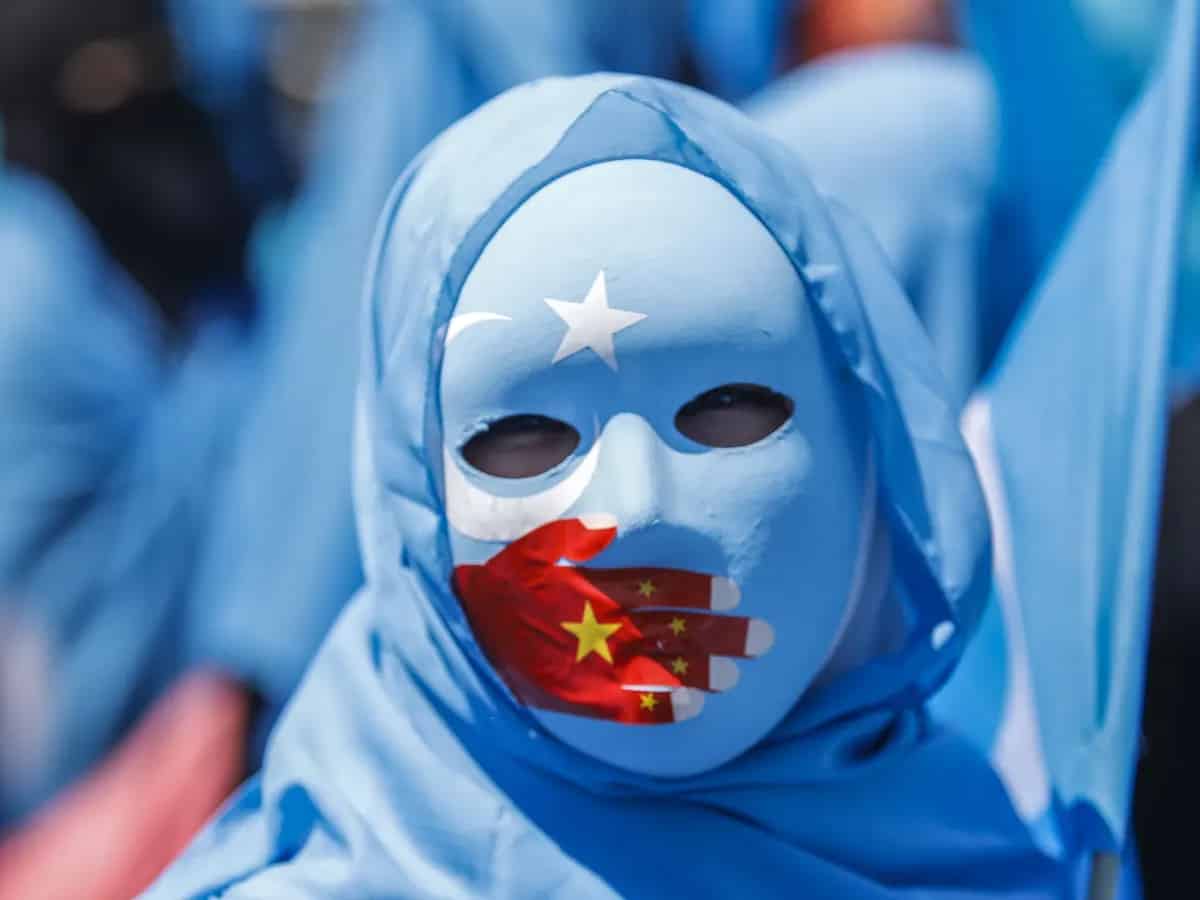
Xinjiang’s top Communist Party official has stated that the “sinicisation” of Islam in the Muslim-majority region in China is “inevitable”.
“Everyone knows that Islam in Xinjiang needs to be sinicised, this is an inevitable trend,” regional party chief Ma Xingrui was quoted as Reuters.
The official was speaking at a largely scripted briefing on the sidelines of China’s annual parliamentary session in Beijing on Thursday, March 8.
The Chinese government’s campaign to “sinicize” Islam has been criticized by human rights organizations, which argue that it is a violation of religious freedom and a form of cultural erasure. It has been accused of subjecting Uyghurs to mass internment, surveillance, and torture, and the U.S. State Department has described events in Xinjiang as genocide.
The Chinese government’s actions in Xinjiang have been condemned by a coalition of American Muslim groups, who have criticized the Organisation of Islamic Cooperation for failing to speak up to prevent these abuses.
The situation in Xinjiang has been compared to the Holocaust by a group of British faith leaders, including imams, rabbis, bishops, cardinals, and an archbishop.
Despite government claims that internment camps have been closed, many thousands of men and women are still believed to be arbitrarily detained in internment camps, prisons, or other facilities where political indoctrination, physical and psychological torture, and other forms of ill-treatment are widely reported.
A part of this campaign, known as “mosque consolidation,” involves the demolition, conversion, or closure of mosques across China, intending to make Islamic religious venues more in line with Chinese culture and reduce their overall number.
The Chinese government argues that this is part of an effort to reduce the economic burden on Muslim communities in rural areas, but critics view it as an attempt to restrict the practice and presence of Islam in China.
This campaign is part of a broader effort by the Chinese government to promote Han ethnic nationalism and consolidate power, particularly under the leadership of President Xi Jinping.
Xi has expanded the party’s control over everyday life while also promoting Han ethnic nationalism in the name of socialism with Chinese characteristics.
The Chinese government has responded by denying these allegations and claiming that its policies are necessary to combat terrorism and promote unity.



